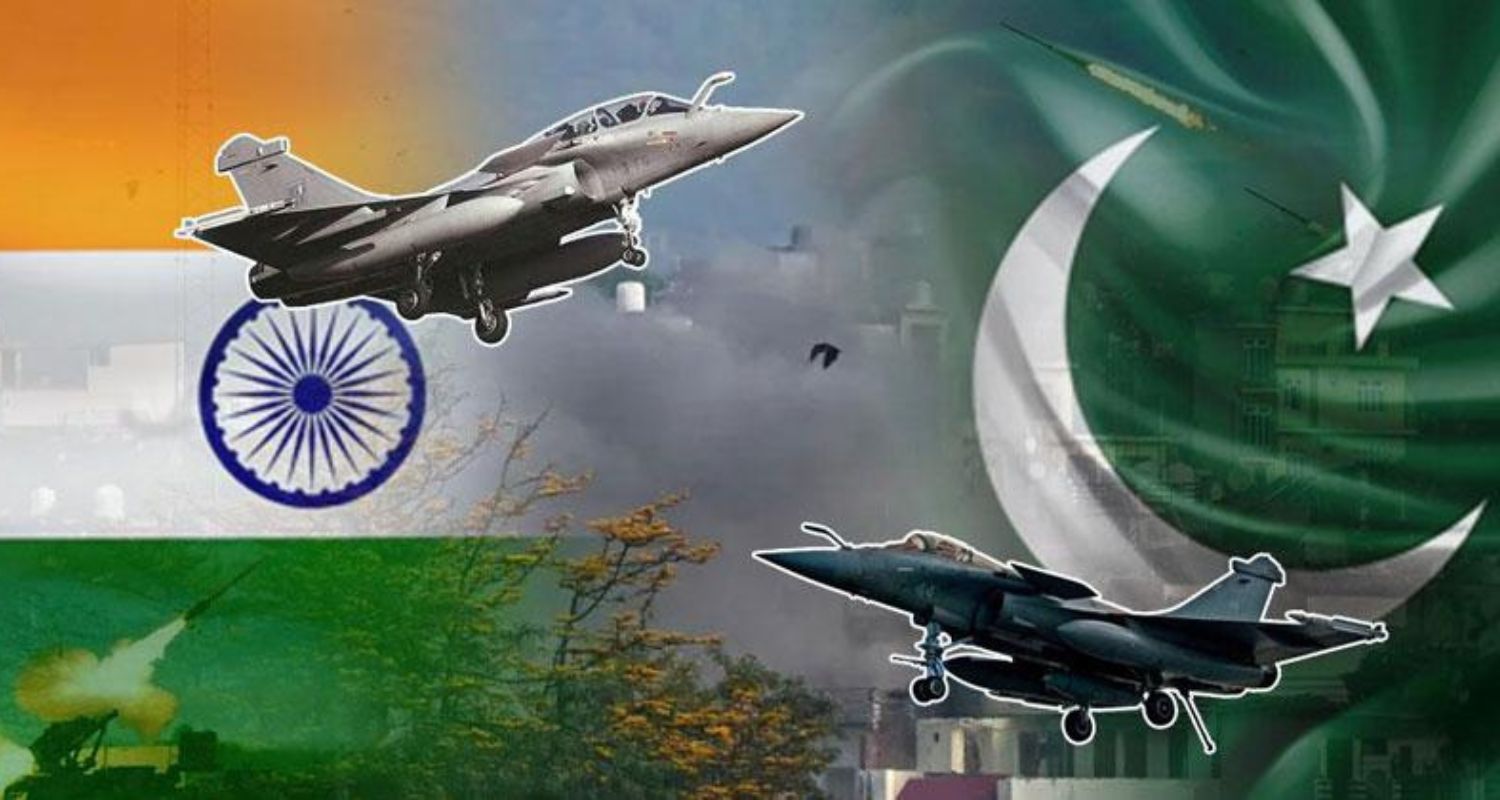The emphasis on Pakistan’s Chief of Army Staff Asim Munir being a Hafiz-e-Quran—rather than highlighting his military achievements from the Pakistan Military Academy—reflects the deeply rooted ideological origins of the country. It speaks volumes about the way Pakistan was conceptualised and how its national identity was formed.
Salman Rushdie once referred to Pakistan as an “insufficiently imagined nation-state.” The flaws seen today in Pakistan’s governance and national character are embedded in its very foundation. Its creation was more accidental than planned, marked by a traumatic partition and a lack of coherent vision. The aspirations of the Indian Muslim masses were vastly different from the strategies of the elite who led the movement for Pakistan’s formation. They failed to articulate a clear roadmap for the nation’s future beyond a broad, religiously-defined identity.
Rather than being formed with a constructive vision, Pakistan’s creation was largely reactionary—defined against a perceived Hindu-majority India. The concept of Pakistani nationalism was reduced to religious slogans like Pakistan ka matlab kya, La Ilaha Il Allah ("What is the meaning of Pakistan? There is no God but Allah"). Such slogans were also exported to Kashmir and echoed throughout the Valley in the 1980s and 1990s. In the absence of a forward-looking vision, anti-Indian sentiment became the default identity of the fledgling state.

While India embarked on a path of building institutions and pursuing development through initiatives like its “temples of modern India,” Pakistan strengthened its national character through opposition—intensifying military involvement and allowing increasing interference of religious forces in governance. A stark symbol of this is the towering Shariah Court building in Islamabad, which looms larger than the Supreme Court just across the road—an architectural metaphor for the dominance of Islamist ideology in state affairs.
Since its inception, the vision for Pakistan as a utopian Islamic state was driven by religious scholars who saw the new country as an opportunity to revive Islam globally. This mission was to be executed jointly by the Islamists and the military. These two pillars have persistently hindered the growth of democratic institutions in Pakistan. Maulana Shabbir Ahmad Usmani, founder of Jamiat Ulema-e-Islam, had declared that Pakistan would mirror the Islamic utopia once established by the Prophet in Medina, transcending divisions of race, class, sect, language, and geography.
This ideological legacy explains why General Munir, in an April 16 speech, invoked the "heroic struggle" of Kashmiris while justifying the two-nation theory and reiterating that Hindus and Muslims are two separate nations. Since General Zia-ul-Haq’s era, the Pakistan Army has stopped viewing Kashmir purely through a geopolitical lens. Instead, the rhetoric of Islamic brotherhood has taken precedence. Usmani’s idea—that Pakistan could serve as Medina did for Islam’s expansion—required Kashmir to remain in turmoil for this imagined Islamic unification.
Such a fervent ideological dogma, shaped by zealots, has created a network of influence across the military and madrasas in Pakistan, many of which propagate a narrative of inevitable victory over India. Several madrasas have also become breeding grounds for terrorism, training individuals indoctrinated with extremist views. The military doctrine of “bleeding India by a thousand cuts” is rooted in this belief system. The rationale for inflicting pain on innocent people remains shrouded in religious dogma, lacking analytical or moral reasoning.
General Munir is a product of both this madarsa education and an Islamised military institution. It is not coincidental that the terrorists who killed 26 civilians in Kashmir on April 22 asked victims to recite the Kalma—a chilling reflection of religious fanaticism. The attack occurred in Kashmir, which Munir describes as the “jugular vein” of Pakistan. He views defending Pakistan’s Islamic identity as a sacred mission, in line with the nation’s founding ideals—an identity supposedly destined to unite the Ummah (global Muslim community).
This ideological confusion continues to perplex observers trying to make sense of Pakistan's national trajectory. In a telling moment, Defence Minister Khawaja Asif openly admitted on television that Pakistan had long supported and funded terrorist organizations as part of its dealings with the U.S. and the West. In Parliament, during a time of high tensions, he shockingly revealed that madarsa students were considered Pakistan’s second line of defence—blatantly exposing the state’s complicity in nurturing terror networks.
There are numerous such perplexing and revealing episodes in Pakistan’s history. One particularly bizarre incident is recorded in official documents housed at the British Library in London. A microfilm of Mohammad Ali Jinnah’s private papers includes an account of a séance conducted on March 13, 1955—seven years after Jinnah’s death and eight years after the formation of Pakistan.
A man named Ibrahim claimed to have communicated with Jinnah’s spirit during the séance, during which he offered the spirit a cigarette mounted on a wire stand. In response to his questions, the spirit reportedly stated, “It is easier to acquire a country, but it is extremely difficult to retain it. This is, in a nutshell, the present position of Pakistan—to gain which rivers of blood flowed.”
The remark, whether apocryphal or symbolic, encapsulates the existential dilemma that continues to haunt Pakistan. Born in blood and ambiguity, the country still grapples with its identity—torn between theological idealism and political reality, between dreams of Islamic unification and the chaos of internal contradictions.
By Vandana Shukla


